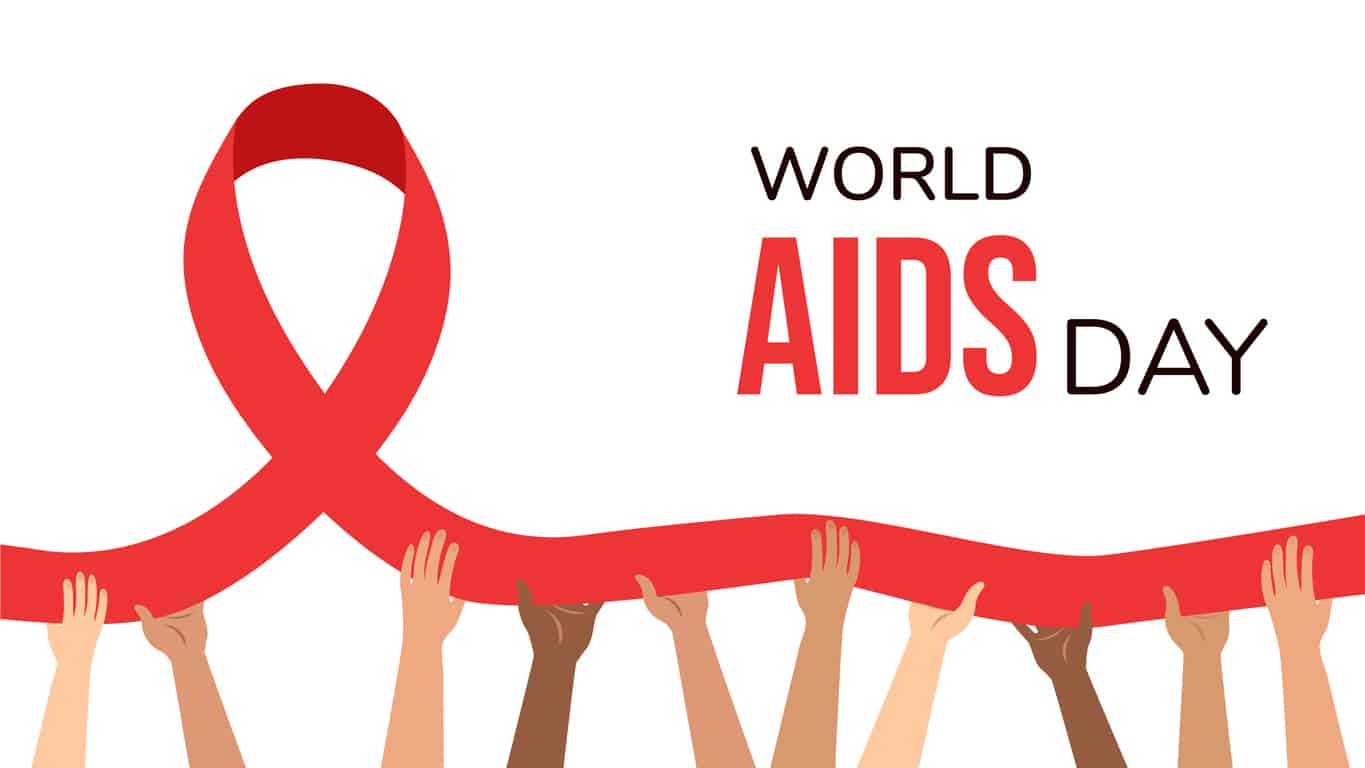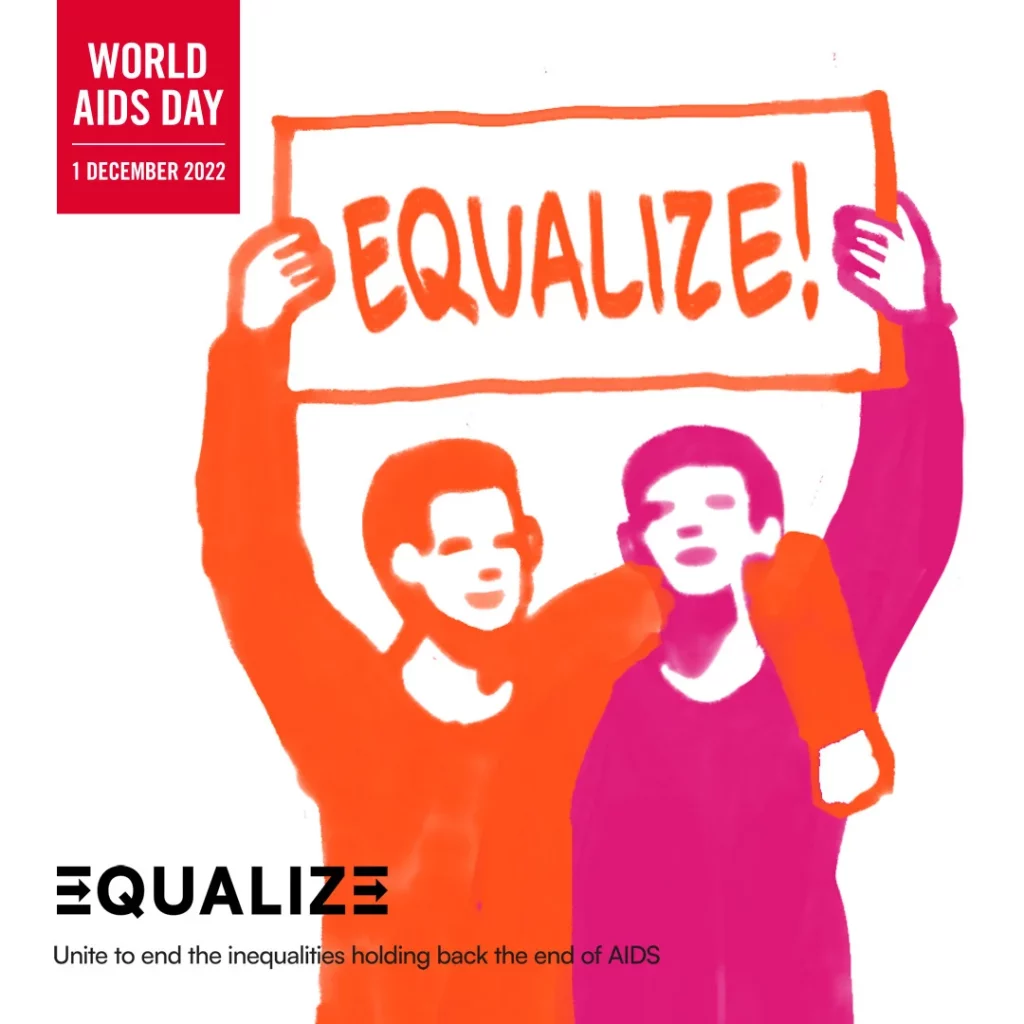World Aids Day : #EndHIV

Every year on December 1, nations commemorate World Aids Day. This significant day helps us to renew our commitment to supporting the wellbeing of those living with HIV, as well as those at risk for infection.
The US theme for World Aids Day 2022 — Putting Ourselves to the Test: Achieving Equity to End HIV — emphasises accountability and action, affirming our government’s dedication to ending HIV, both in the United States and in Zimbabwe, through an approach that centres on communities disproportionately affected by the pandemic.
After Zimbabwe last month became the first African country to approve the use of the injectable HIV prevention drug known as cabotegravir or CAB-LA, many in the country are eager for the drug to become available.
The global HIV response is in danger, even as HIV remains a major public health issue that affects millions of people worldwide. Over the last few years progress towards HIV goals has stalled, resources have shrunk, and millions of lives are at risk as a result.
Division, disparity and disregard for human rights are among the failures that allowed HIV to become and remain a global health crisis.
The number of children orphaned by AIDS has reportedly declined from 1.9 million in 2009 to 960,000 in 2021, according to UNAIDS, the age gap caused by the epidemic has created a lost generation, especially of young parents.
Recently, Zimbabwean President Emmerson Mnangagwa last week urged the nation to continue raising awareness on HIV and AIDS. He also said Zimbabwe remains committed to creating an enabling environment for the pursuit of HIV prevention, treatment, care and support.
Latest HIV infections in Zimbabwe dropped from 25 000 in 2020 to 22 800, which translates to 8,4%, in 2021, National Aids Council chief executive officer Bernard Madzima said recently.
More than 1,2 million Zimbabweans are now receiving life-saving HIV treatment, and more than three quarters of them (77%) have achieved viral load suppression, meaning they cannot sexually transmit the virus to their partners — a major milestone in bringing the infection under control.





